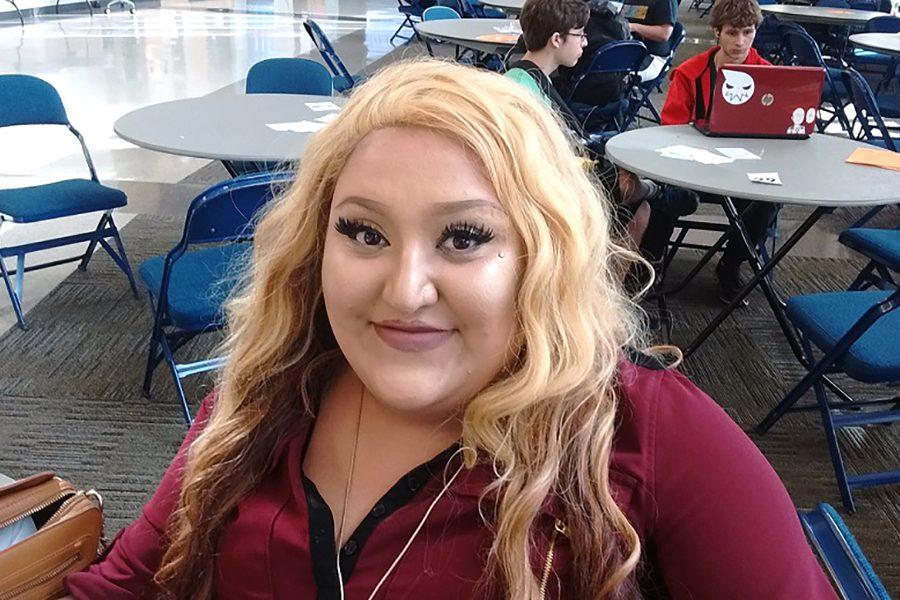Providing support for abuse victims
Student Jolie Lippit wants to create a safe space at Madison College for people who are affected by domestic abuse
October 4, 2016
Jolie Lippitt is a student on a mission. She wants to create a space at Madison College and beyond for people who are affected by domestic abuse. Because any kind of abuse is shrouded in secrecy, shame, hopelessness, and desperation, Lippitt is determined to make it less taboo.
Her goal is to create a group of survivors, supporters and engagement with the community at large. The group is called, “Get Your Purple On.” Meetings are currently planned for Wednesdays, from 3 p.m. to 4 p.m., in the Truax Campus Gateway.
However, she is flexible on working out a schedule that may be beneficial to all who attend. Lippitt stresses that the group is to listen and support. She is not a mandated reporter, and will promote an understanding, judgment-free, private atmosphere sharing her hope and experience.
Get Your Purple On was established as a club at Madison College last year with the goal of “educating the general public on, and bringing awareness to domestic violence.”
Lippitt mentioned there are several resources around town that do help victims of domestic abuse, such as DAIS, Seton House, and Elizabeth House, but she wants to reach an audience that needs solace and the support of a peer.
Domestic violence is more common than many people realize. According to the Centers for Disease Control, one in four women experience violence by an intimate partner in their lifetime. In addition, the CDC estimates that 10.7 percent of women will have been stalked by a partner at some point in their life. Psychological aggression is also an issue. The CDC estimates that nearly half of all women have experienced some form of psychological aggression by a partner.
It’s common that those suffering from domestic abuse have also suffered earlier abuse or trauma. This does not mean that they seek out these relationships, but that the abusers seek to abuse them again.
Lippitt emphasizes that the first step is to “realize yes, I am being abused.” It’s critical to acknowledge this before you can find help. The second, Lippitt says, is to tell someone else. It’s true that telling someone else breaks that shell of silence and recovery can begin.
Those who are interested in attending the meetings or joining Get Your Purple On can contact Lippitt at [email protected].
Students who are victims of domestic violence can also seek help from the college’s counseling office by calling (608) 246-6076.































